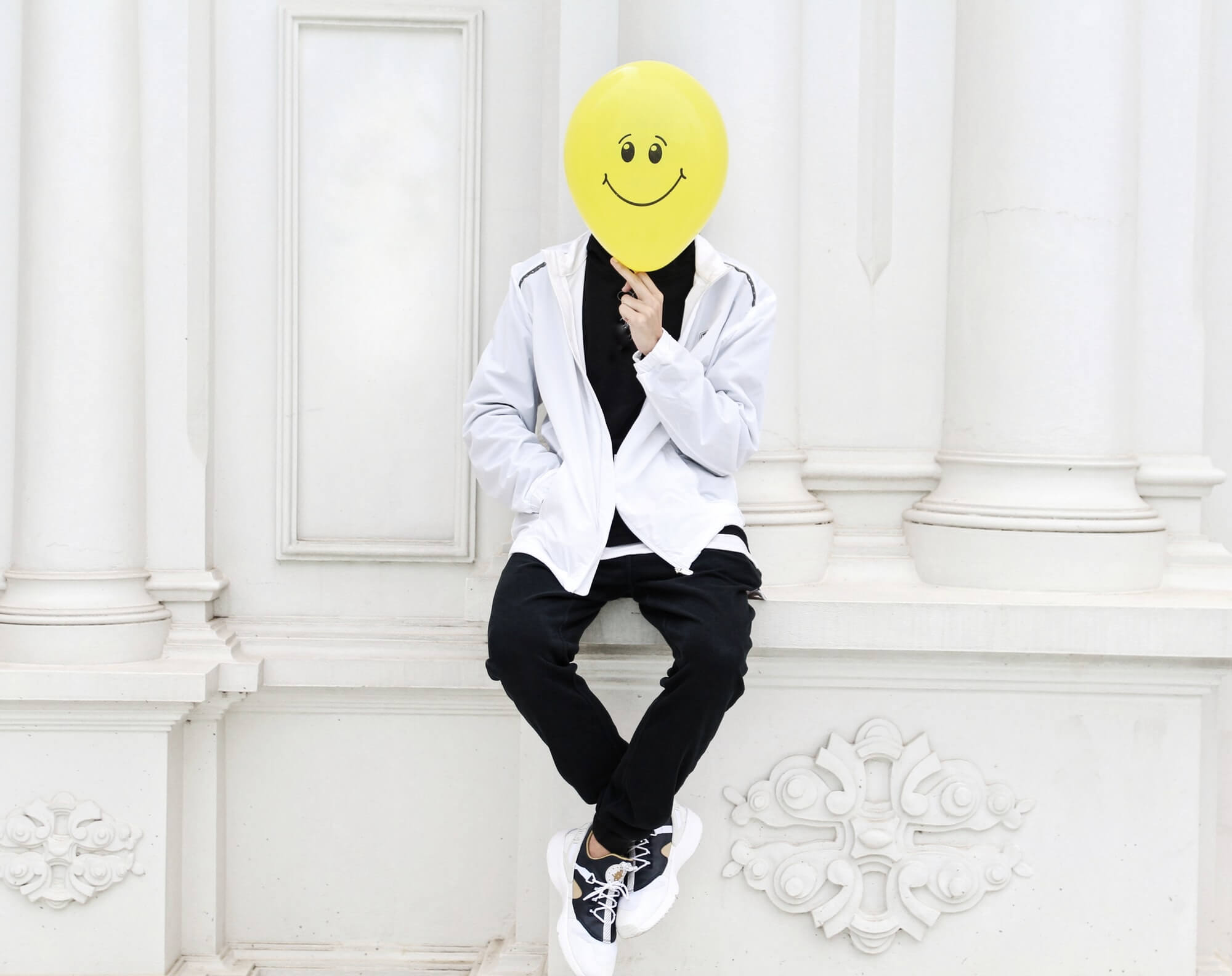What Are DAOs?
Decentralized Autonomous Organizations (DAOs) can be thought of as internet-native businesses that are owned and managed by their members.

Decentralized Autonomous Organizations (DAOs) can be thought of as internet-native businesses that are owned and managed by their members. They have a treasury directly associated with the DAO that has limited access; that is, a governance vote and approval by the members are required in order to make a change, removing much of the risk associated with having a bad actor in a traditional firm. The biggest strength of a DAO is arguably its ability to build trust in otherwise unknown members of a group. Members never need to directly trust other people in the DAO; rather, they need only trust in the DAOs code (which is open sourced). At the root of a DAO is simply a smart contract defining the rules of the group and its treasury. Just like any other smart contract, this one is published to the blockchain and is available for detailed review by anyone at any time.
Pulling directly from Ethereum’s article on DAOs, here’s a breakdown of a DAO compared to a traditional organization:
| DAO | Traditional Organization |
|---|---|
| Usually flat, and fully democratized. | Usually hierarchical. |
| Voting required by members for any changes to be implemented. | Depending on structure, changes can be demanded from a sole party, or voting may be offered. |
| Votes tallied, and outcome implemented automatically without trusted intermediary. | If voting allowed, votes are tallied internally, and outcome of voting must be handled manually. |
| Services offered are handled automatically in a decentralized manner (for example distribution of philanthropic funds). | Requires human handling, or centrally controlled automation, prone to manipulation. |
| All activity is transparent and fully public. | Activity is typically private, and limited to the public. |
DAOs come in all sorts of shapes and sizes, from investment groups to organizations making products, with all manner of governance rules. Two of the most famous ones are MakerDAO, the people behind the Dai stablecoin, and FlamingoDAO, an NFT-focused group of collectors, curators, and artists. FlamingoDAO has an extensive collection of NFTs which can be viewed here, which includes hundreds of CryptoPunks and some exposure in nearly every major project.
